Potty Training A Child With Down Syndrome
Potty training a child with down syndrome. Children who have Down syndrome may potty train somewhat later than their typically developing peers. They will be paying the family 18000 after one of its southern New Jersey facilities expelled the little girl because she was not properly potty trained. Lately parents and caregivers of children with Down Syndrome have been questioning the status quo and experiencing more and more success with EC typically choosing to potty their babies.
Toilet Training Children With Down Syndrome Step 1. Now that your child is ready for the toilet make diaper changing time less fun. Provide less talk make it more goal-directed and do diaper changes in.
Determining Your Own Readiness Before starting a toilet training program parents need to be ready to dedicate. However there is no evidence or even agreement among experts about what is meant by being ready. According to the CDC 1in 700 babies have Down Syndrome.
The study included 93 children with Down syndrome and 204 children with normal psychomotor development control group CG. It is often assumed that because children with Down Syndrome have delayed development they will inevitably be delayed toilet training. Make Diaper Changing Time Less Fun When your child was a baby diaper changing was a special time to provide comfort bonding and play.
These numbers of course represent the extreme limits of the age range. Try to have a consistent routine of sitting them on a potty or toilet at set times eg. The more newer studies done in the mid 90s has proven that only 35 of children suffering from down syndrome were daytime potty trained by the age of 4years and also that by the age of 11 years 1 in 3 of them were still experiencing accidents during their day time trainings.
You may also like to keep a record of when your child. Do they pull at their clothes or tell you when they are wet or soiled. Low muscle tone which can affect bladder bowel control Can experience a marked delay in toilet training More likely to experience incontinencePowers et.
First of all accept that ALL children are different and the timetable for wanting to use the toilet will differ for each one. Potty training tips written for most kids are likely to help with a child who has Down syndrome as well but perhaps just a little later.
Low muscle tone which can affect bladder bowel control Can experience a marked delay in toilet training More likely to experience incontinencePowers et.
Children with special needs can be more difficult to potty train. These numbers of course represent the extreme limits of the age range. Determining Your Own Readiness Before starting a toilet training program parents need to be ready to dedicate. Visit our Resources page for some ideas to. Al 2015 Range DS Range Typical Dryby day Urine 15to 4 years 1 to 3 years BowelControl BM1 to 5 years 1to 4 years. A national daycare provider has received quite the fine after kicking out a 3-year-old girl with Down Syndrome over potty training. Children who have Down syndrome may potty train somewhat later than their typically developing peers. One thing that helps wpee potty training is warm water. The study included 93 children with Down syndrome and 204 children with normal psychomotor development control group CG.
Toilet Training Children With Down Syndrome Step 1. Now that your child is ready for the toilet make diaper changing time less fun. They will be paying the family 18000 after one of its southern New Jersey facilities expelled the little girl because she was not properly potty trained. Toilet Training Children With Down Syndrome Step 1. Al 2015 Range DS Range Typical Dryby day Urine 15to 4 years 1 to 3 years BowelControl BM1 to 5 years 1to 4 years. Children with special needs can be more difficult to potty train. Try to have a consistent routine of sitting them on a potty or toilet at set times eg.










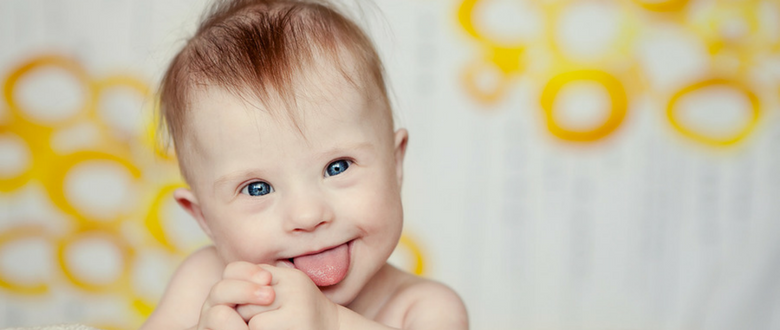















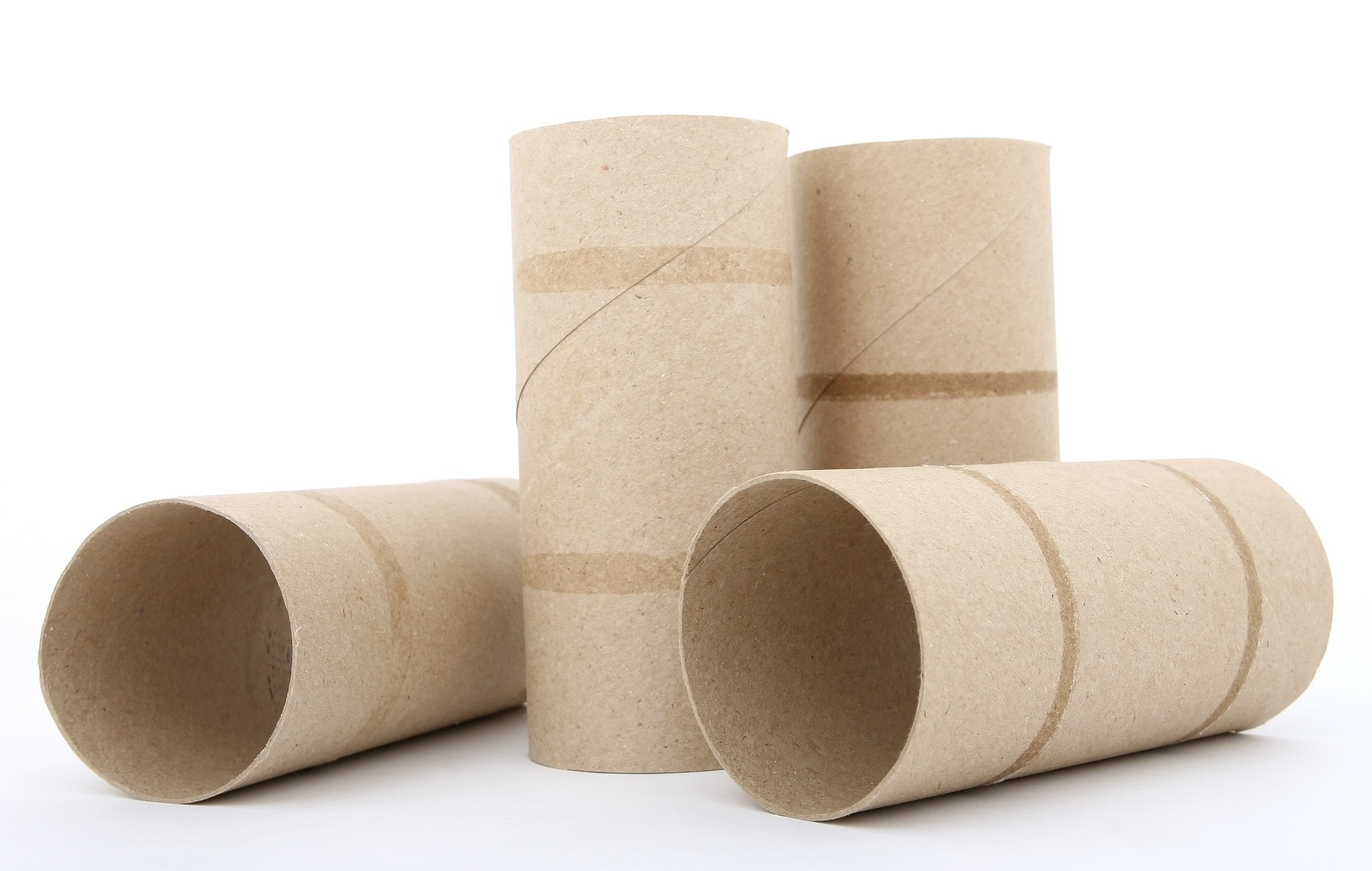
/child-on-potty-569bcca73df78cafda96d932.jpg)
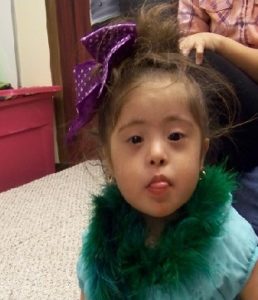


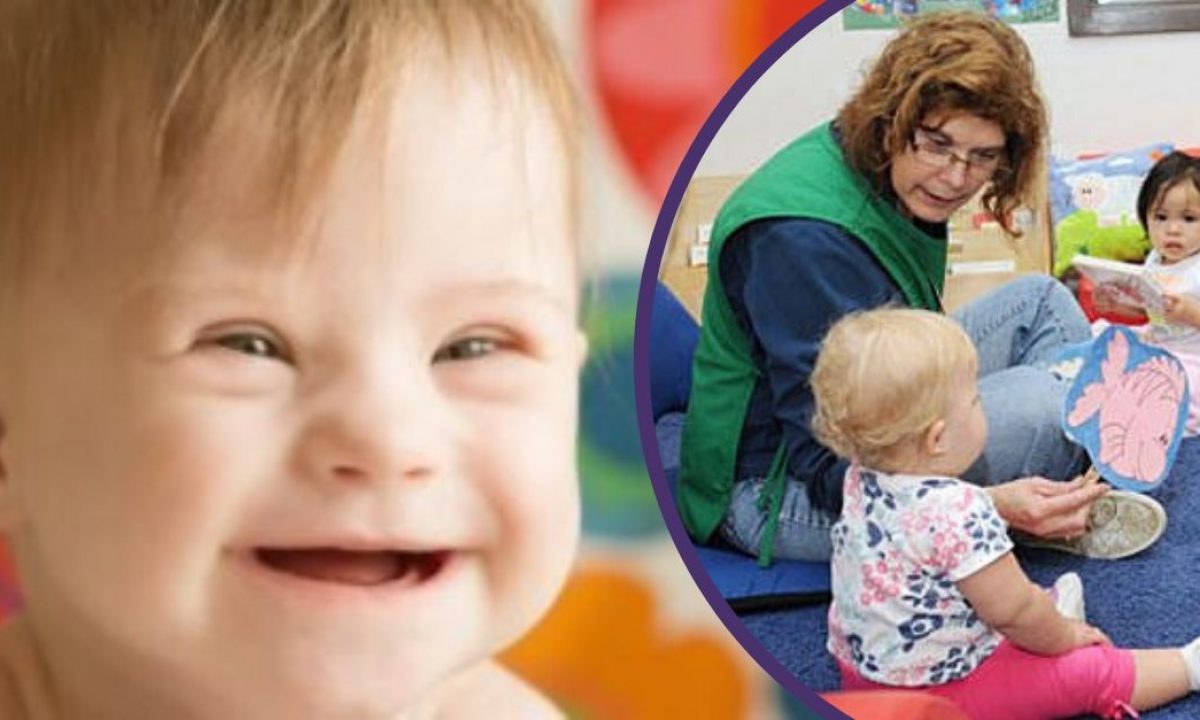

/AA013139-56a6fc9d5f9b58b7d0e5dce0.jpg)
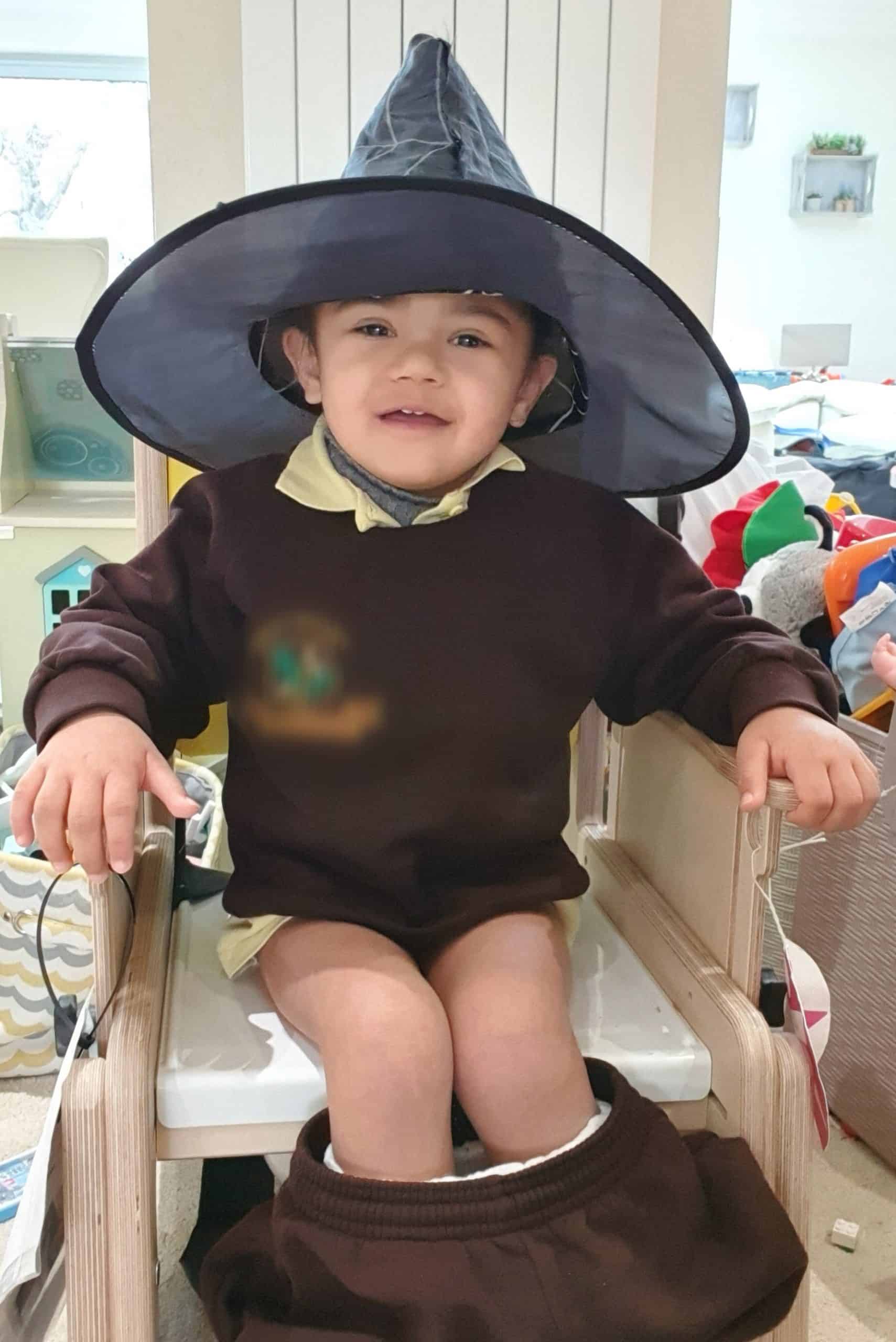






Posting Komentar untuk "Potty Training A Child With Down Syndrome"